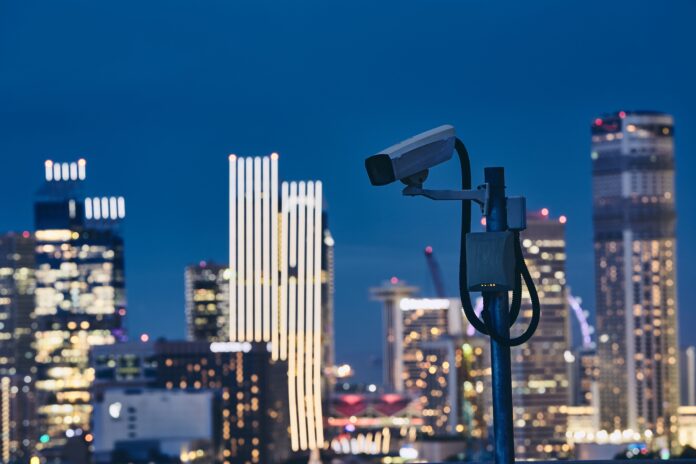Security plays a crucial role in ensuring the tranquility and well-being of society. Two main categories can be identified: public security and private security. Although both share the fundamental purpose of protecting people and their property, they have notable differences.
What is public security?
Public security, provided by the State, ensures the protection and well-being of the population. Its approach includes the implementation of effective control to assess threats to citizens and the state.
In addition, public security intervenes in areas susceptible to oversight, often entrusted to military forces, police or autonomous security agencies. Its objective is to prevent infractions and crimes, maintaining constant vigilance and applying sanctions when necessary.
What is private security?
The purpose of private security is to safeguard property, individuals and non-public assets. These tasks are carried out by private security companies and surveillance agents.
Their services include surveillance, individual protection, risk prevention and event security. It is essential to emphasize that the performance of private security is regulated by law and in no case can it replace state police or security authorities.
Differences between public and private security
Now that we know the definitions of public and private security, it is necessary to highlight some of their differences:
- Public security has the responsibility to protect the entire population, while private security can focus on a specific entity or set through contractual agreements.
- Private security offers a higher degree of supervision and protection in specific areas, as well as more advanced supervision alternatives.
- In public security, officers receive intensive training in security, self-defense and crowd control, among other aspects. However, the training of private security experts varies according to the country and its particular regulations.
- Specific laws and rules regulate public security, defining the rights and responsibilities of agents, as well as their limits of action. In contrast, private security is based on agreements and contracts between the security company and the client.
- Public security is financed through citizens’ taxes, while private security is financed by companies or individuals who require its services.
The importance of public and private security
Public and private security play an essential role in supporting the stability and peace of society. In this way, we can conclude by saying that both support each other to achieve the protection of rights, as well as the safeguarding of people and private property.
In any case, it is important to remember that security is a fundamental right and an obligation that falls on each individual. Therefore, the active participation of the population is crucial to prevent and solve criminal acts, as well as to preserve our peace of mind in all areas of daily life.
In summary, public and private security are two significant components of security with different purposes, characteristics and regulations. In any case, both are essential to ensure the peace and comfort of people and the protection of their property. If they can collaborate and coordinate, both parties can significantly improve the effectiveness of their security services.


